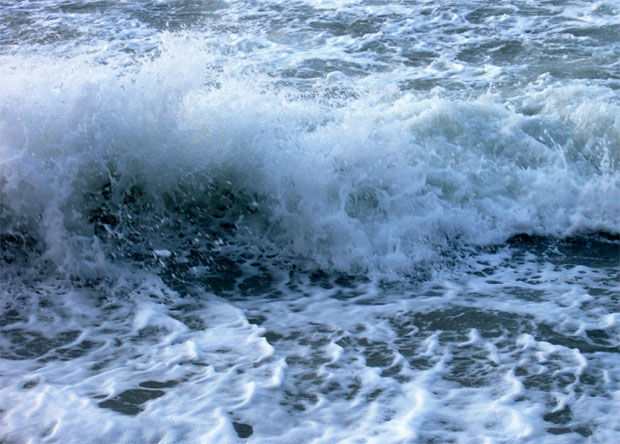Countries from different continents will meet again from next Monday at UN headquarters to try to agree on a treaty that protects biodiversity on the high seas, an instrument that has been under discussion for years and that environmentalists consider essential to saving the oceans. .
After failing to reach an agreement during what will be the final round of negotiations in March, the administration will meet for ten days in New York to try to reach a consensus.
On the table they will have a draft agreement within the framework of the existing United Nations Convention on the Law of the Sea that seeks to “ensure the conservation and sustainable use of marine biodiversity in areas outside national jurisdiction”, noted EFE.
These zones include waters located more than 200 nautical miles from the coast and which are currently governed by various treaties and organizations, without a clear general framework.
The high seas, as these international waters are commonly called, represent a large part of the ocean and, according to environmental groups, are critically threatened by pollution, climate change, and new technologies that open the door to mining at the ocean floor and more. intensive fishing.
“This negotiation is a once-in-a-generation opportunity to save the blue part of our blue planet,” said Laura Meller of Greenpeace. EFE.
This NGO and other environmental groups, united under the umbrella of the Alliance for the High Seas, hope this fifth round of negotiations will eventually lead to a deal that has been in talks for years and began formally in 2018.
“For nearly two decades, leaders have spoken out and put off as the ocean crisis continues. Now is the time for leaders to fulfill their commitments and complete a strong Global Oceans Treaty,” said Meller.
So far, fifty countries have signed a declaration promoted by the European Union (EU) in which they commit to trying to close the “ambitious” agreement by 2022.
Apart from Spain, several Latin American countries such as Chile, Colombia, Costa Rica, Mexico and Peru have joined this commitment, which was also signed by, among others, Australia, Canada, India, Morocco and the United Kingdom.
The United States, which has in the past opposed the treaty, has joined the Joe Biden government in calling for adequate instruments to protect the oceans.
Meanwhile, environmentalists point to Russia and Iceland among the main obstacles to their insistence on not including fishing from the final text and believe that the chances of success depend heavily on the EU, which they accuse of promoting the “status quo” despite its promise to push through the agreement. ambitious.
Based on EFE

“Entrepreneur. Internet fanatic. Certified zombie scholar. Friendly troublemaker. Bacon expert.”







